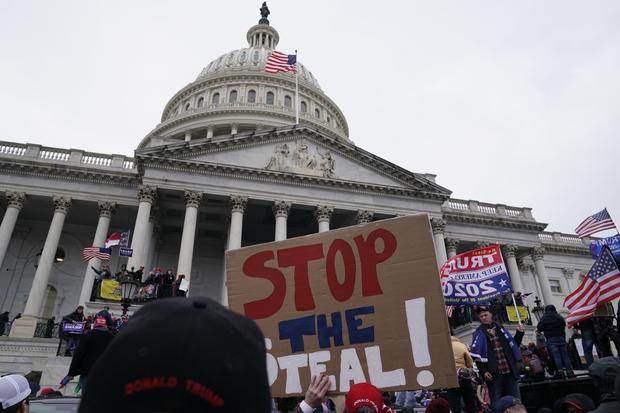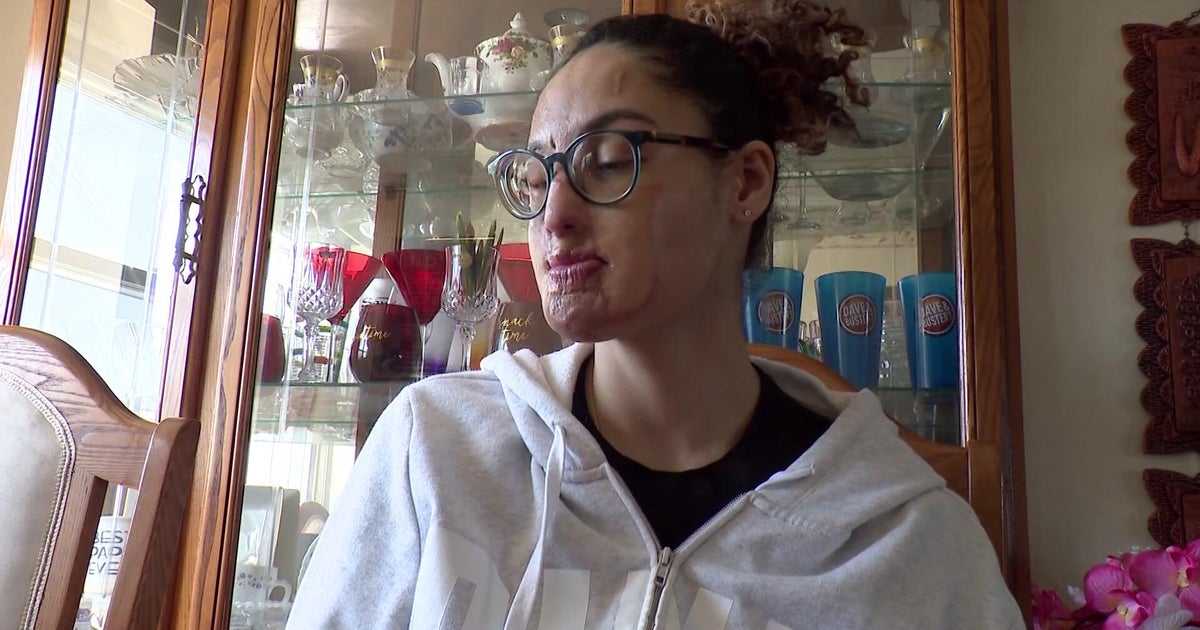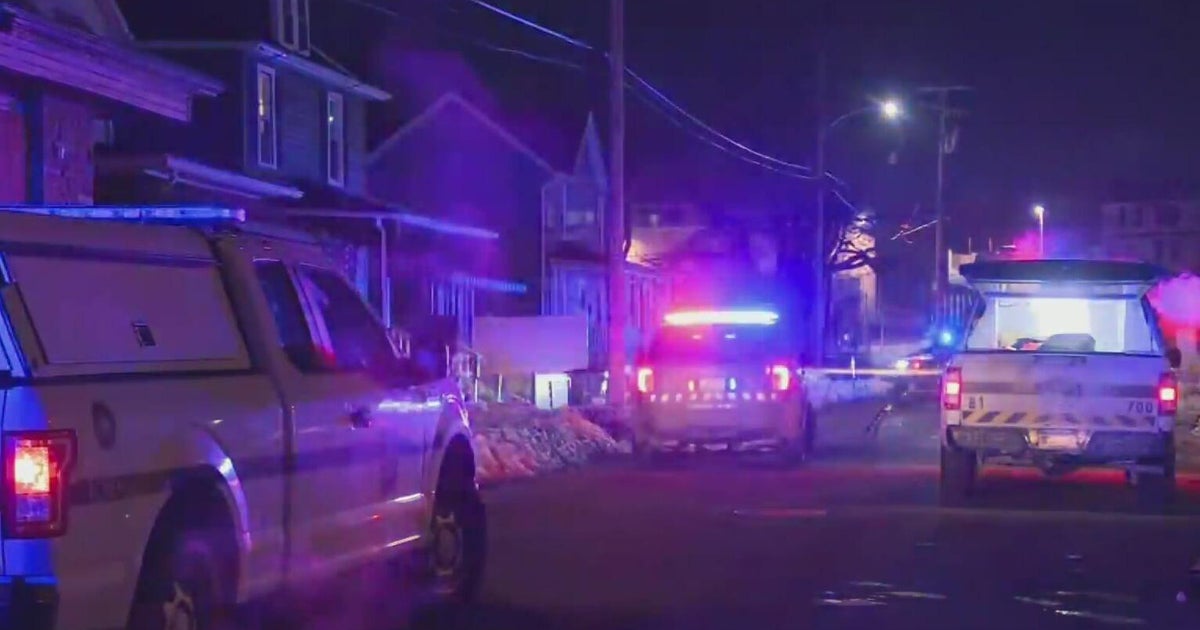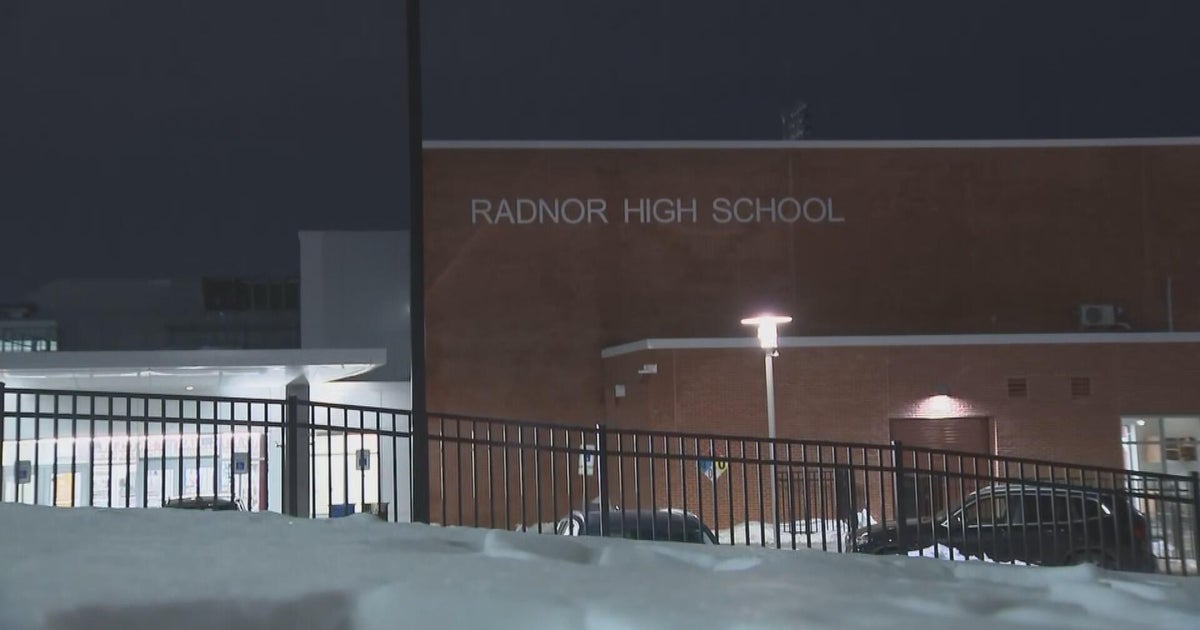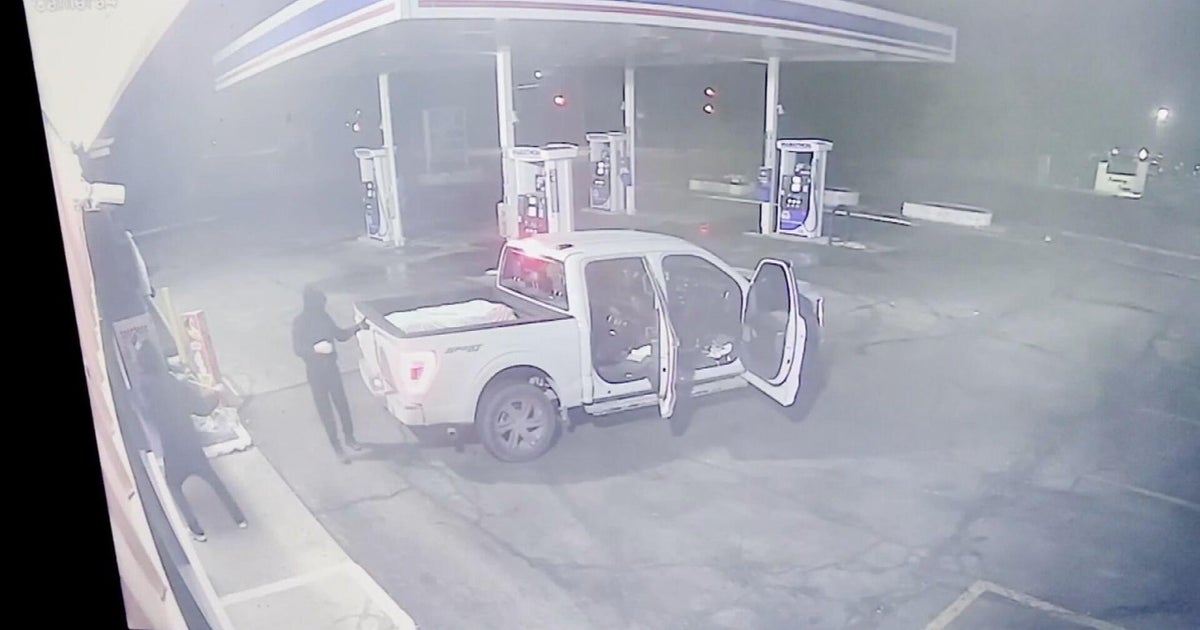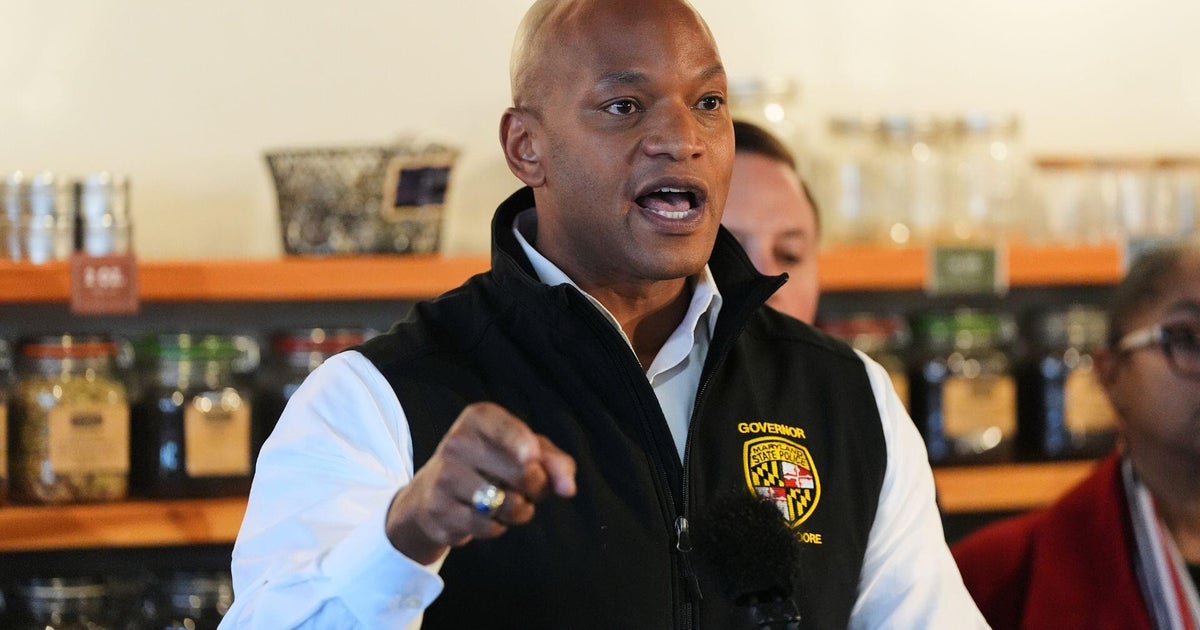As U.S. Remains Polarized Over Jan. 6 Capitol Attack, Educators Offer Tips On How To Talk To Young People About It
FARMINGDALE, N.Y. (CBSNewYork) -- Thursday marks the one-year anniversary of the insurrection at the U.S. Capitol, and that means troubling images and videos will be replayed, reviving raw memories of a dark day in our nation's history.
CBS2's Carolyn Gusoff spoke to some educators who offered tips on how parents and guardians should talk to children about what transpired on Jan. 6, 2021.
Cameras captured the violence live and yet there is still no national consensus on events that took place on that day.
According to an Associated Press-NORC poll, 29% of Republicans see the attack as "not at all violent," while 64% of all Americans describe the day as "very or extremely violent."
"It's not troubling to me. People were expressing themselves," one person told CBS2's Carolyn Gusoff on Wednesday.
"Any form of aggression or violence, it's no good," another person said.
The U.S. remains a polarized nation. Some believe educators have a responsibility to use the anniversary as a teachable moment.
Hofstra University professor Dr. Alan Singer said teachers should start with the facts.
"There are over 700 people who were arrested, people who have been convicted, and people pleaded guilty, so there are facts," Singer said.
Educators say it's important to help students evaluate evidence, including video.
"They have to have discussions in class, where students are responsible to listen to each other, to talk respectfully, but also to support their ideas with evidence," Singer said.
There has been no directive or curriculum to discuss the Capitol siege, but high school history teacher Derek Pearce told CBS2 there are many lessons for young people.
"In a democracy, it's really important to be able to develop opinions based on evidence, to be able to disagree with one another in a way that's respectful," Pearce said.
WATCH: CBS News Congressional Correspondent Scott MacFarlane Reflects On US Capitol Attack 1 Year Later --
For middle school students, educators suggest a discussion of fairness, the Democratic process, our rights, and responsibilities. They say to reassure younger children they are safe and live in a country where people are free to disagree, but that violence, like bullying, is wrong.
"It was a frightening time for everybody and kids will experience it as if it is still happening now when they see it on TV," family psychologist Dr. Susan Bartell said.
Bartel added exposure should be limited, but if Jan. 6 comes up, talk about, "being respectful of other kids, and other people. Walk away if someone becomes confrontational with you."
We can, perhaps, agree that teaching children to respect one another's opinions without resorting to violence is a worthy lesson any time of year.
More than 100 law enforcement officers were injured on Jan. 6.
